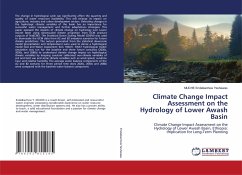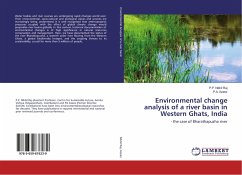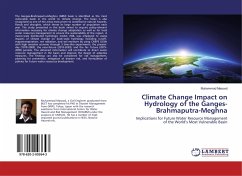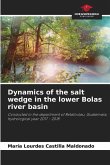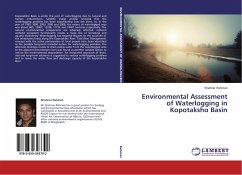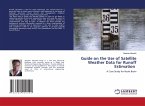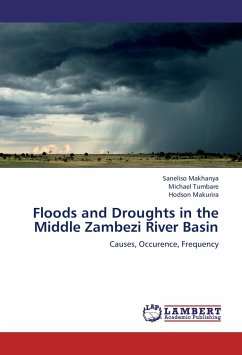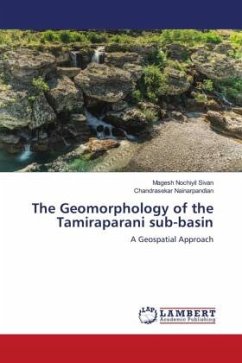The change in hydrological cycle can significantly affect the quantity and quality of water resources availability. This will enlarge its impact on agriculture, industry and urban development sectors. Detecting changes in the hydrologic climatic variables of the basin has an importance for successful water management and further adaptations strategies. This paper assessed the impacts of climate change on hydrology over Lower Awash Basin using downscaled climate projection from GCM product outputs of HadCM3. The Statistical Down Scaling Model (SDSM) was used to downscale the GCM data from A2 and B2 emissions scenarios for future climate predictions. The output generated from the statistical downscale model (precipitation and temperature) were used to derive a hydrological model (Soil and Water Assessment Tool, SWAT). SWAT hydrological model simulation was run for the baseline and three future scenarios (2020s, 2050s, and 2080s) to understand climate change impact on hydrological climate variables by keeping constant calibrated non-climate variables of soil and land use and some climate variables such as wind speed, sunshine hour and relative humidity. The average water balance components of the A2 and B2 scenario for three period time slices 2020s, 2050s and 2080s were compared with the baseline water balance component.

